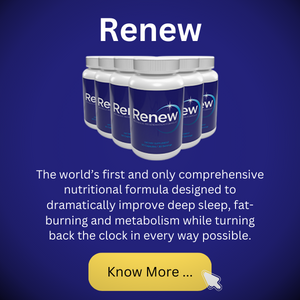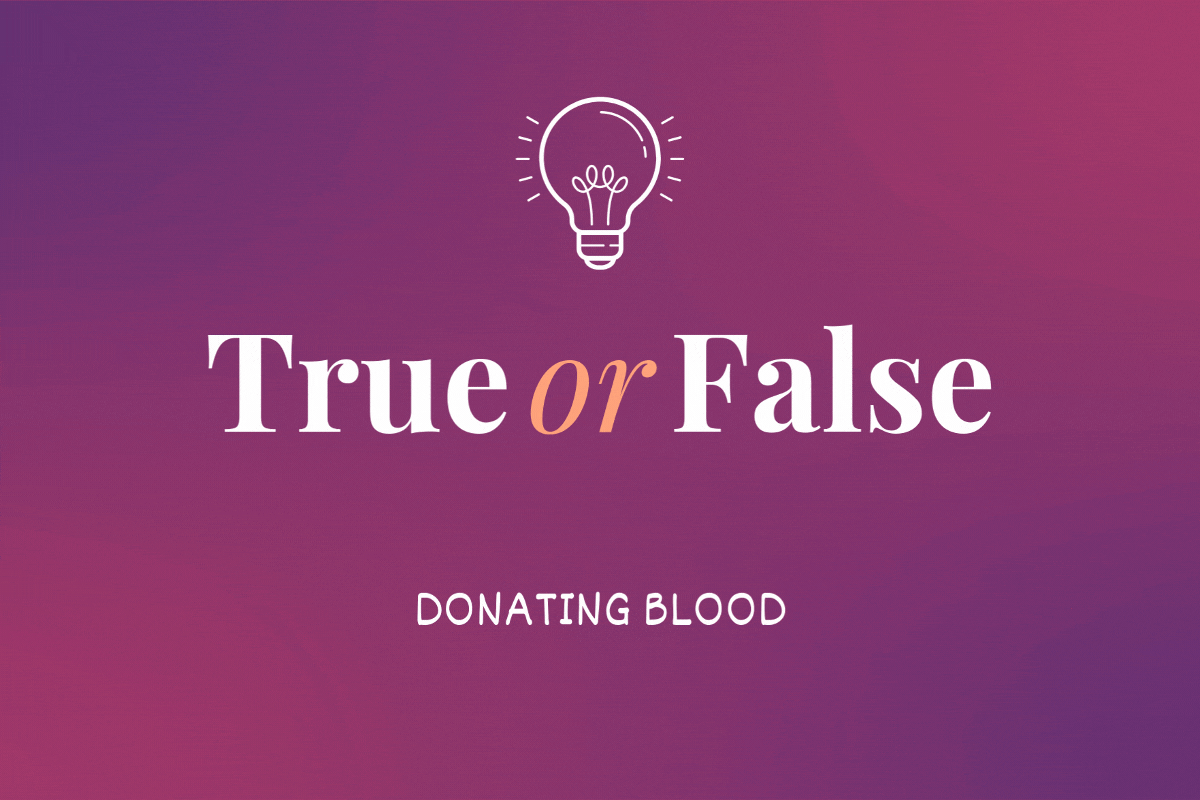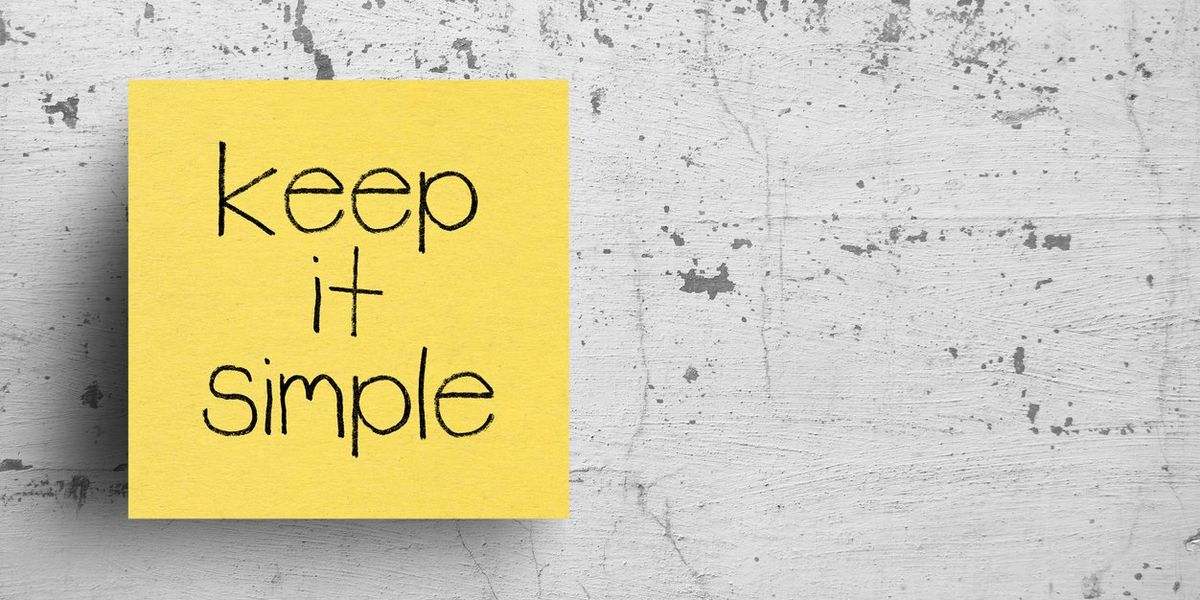11 Supplements To Help You Get Your Best Night’s Sleep
Persistent sleep struggles, especially due to insomnia, can be a major disruption to your life. You may notice a negative impact on your mood, energy levels, and focus.
While therapy and medication can help, some supplements can serve as more natural remedies to a disrupted sleep schedule.
Supplements like melatonin, valerian root, and magnesium may be good options to try before seeking medical attention.
Melatonin is a hormone that regulates circadian rhythms, the sleep-wake cycle that helps you wake up and fall asleep. When it gets dark, your brain makes more melatonin, which tells your body to sleep. When it’s light out, your brain decreases melatonin production, telling your body to be awake.
Taking melatonin supplements can increase your body’s production of melatonin. The supplement seems to work best for people who have trouble falling asleep and people with sleep-wake disorders (e.g., people who are blind). Melatonin may also help with insomnia and jet lag, but only as a short-term treatment option.
In adults, melatonin is safe in doses of up to 8 milligrams for up to six months. In children, melatonin is often used in doses of 3 milligrams daily for up to three months. If you decide to take melatonin, it’s best if you take it 1-2 hours before bedtime.
Side effects of melatonin include headache, dizziness, increased need to pee, sleepiness, and nausea.
Valerian root is an herb from the valerian plant (Valeriana officinalis). Researchers believe valerian helps you sleep by increasing your brain’s levels of gamma-aminobutyric acid (GABA), a neurotransmitter. GABA slows down brain activity, helping you relax and fall asleep.
Some studies say valerian root supplements are helpful for sleep, while others don’t find many benefits. More studies are needed to understand how useful valerian is for sleep.
Side effects reported with valerian include headache, dizziness, skin rash, and nausea. If you decide to take valerian, you should take it one hour before bedtime. If you have insomnia, the dosing typically ranges from 300-600 milligrams.
Doses above 600 milligrams may cause drowsiness the following morning. People who are pregnant or breastfeeding should not take valerian.
Small studies show that tart cherry juice may improve sleep and reduce insomnia. It contains melatonin and helps with inflammation, which may support sleep regulation. Tart cherry juice can be combined with other supplements that help induce sleep, like magnesium or melatonin.
A recommended daily dose of tart cherry juice is 240-480 milliliters. If you decide to try it, you should take it 1-2 hours before bedtime. Potential side effects of tart cherry juice and supplements include stomach pain and diarrhea.
Magnesium is a mineral necessary for energy and protein production. It may also help promote sleep health, normalizing the circadian rhythm and quality of sleep.
Data is mixed on whether magnesium is helpful for sleep. Some studies report an association between taking a lot of magnesium and better sleep quality, while others do not report a benefit. More well-designed studies are needed to evaluate how magnesium affects sleep quality.
Research suggests magnesium supplement doses above 500 milligrams per day for more than eight weeks can improve sleep time and quality. Common side effects reported with magnesium include diarrhea, nausea, and stomach pain.
Tryptophan is an amino acid found in various foods and available as a supplement. When your body absorbs it, it turns into serotonin, which helps you feel tired and calm.
Tryptophan doses of 1 gram or higher may help improve insomnia and help you fall asleep faster. If you decide to try it, you should take it 20 minutes to one hour before bedtime. Side effects reported with tryptophan include diarrhea, dry mouth, gas, headache, and nausea.
L-theanine is an amino acid found in tea leaves, specifically green tea. It increases GABA in your brain, which can help relieve anxiety, stress, and insomnia symptoms.
L-theanine is typically taken in doses of 200-400 milligrams daily for 4-8 weeks. Side effects reported with L-theanine include drowsiness and headache.
Glycine is an amino acid important for brain and nervous system health. It relaxes blood vessels and lowers body temperature. Glycine also increases the release of serotonin, leading to further relaxation.
Glycine is found in high-protein foods and supplements.
Research shows glycine doses of 3 grams daily before bedtime can help with sleep quality and improve daytime fatigue. Doses up to 6 grams for four weeks are considered safe. Side effects associated with glycine include nausea, vomiting, headache, and stomach discomfort.
Cannabidiol (CBD) is the active ingredient found in cannabis. CBD does not cause a “high” and may be helpful for many health conditions, including anxiety, seizures, and pain.
It is unclear how CBD helps you sleep. One small study in adults found that CBD improved anxiety and sleep symptoms after one month of use. More studies are needed to understand if CBD is useful for insomnia.
CBD products are available as food, oils, lotions, capsules, and cosmetics. There is no standard CBD dose for insomnia, though studies have considered doses up to 1,500 milligrams a day safe.
Potential side effects include liver damage, drowsiness, diarrhea, nausea, and decreased appetite. CBD is not recommended for people who are pregnant or breastfeeding. Some states still consider CBD a controlled substance, while it is available over-the-counter (OTC) in others.
Lavender is an evergreen plant popular in bath products, perfumes, and decorations. Inhaling lavender oil (aromatherapy) or applying it to the skin may improve insomnia symptoms.
Lavender aromatherapy has been tested in various populations and for several diseases. Overall, it seems to be safe and helpful for sleep.
One study tested lavender oil’s effect on sleep and vital signs in people in a palliative care facility. Researchers found that lavender did not affect the participant’s vital signs but did positively affect their sleep quality.
Another study in postmenopausal women with insomnia found that lavender oil improved sleep patterns and sleep quality.
Passionflower (Passiflora incarnata) is a traditional herb believed to help with anxiety, attention-deficit/hyperactivity disorder (ADHD), opioid withdrawal, and menopause symptoms. The herb may also be useful in sleep and insomnia.
Passionflower contains GABA, a neurotransmitter that helps you relax and rest. One study evaluated passionflower’s effect on adults with insomnia and found that a 60-milligram dose at bedtime for two weeks increased how long participants stayed asleep.
The recommended dose of passionflower for insomnia is not well understood, though many supplements contain 250-900 milligrams of passionflower.
Chamomile has been used for centuries to treat numerous conditions, including anxiety, stress, and sleep disorders.
Chamomile may help you sleep because it binds to GABA receptors, which are involved in sleep-wake cycles. The herb may also contain melatonin. However, the exact mechanism of how chamomile works is not well understood.
Studies evaluating chamomile for insomnia are conflicting. Most show no significant improvement in insomnia symptoms, but some suggest that chamomile improves overall sleep quality. More studies are needed to understand chamomile’s role in insomnia and sleep quality.
Chamomile is commonly consumed as a tea, though supplements are also available. Chamomile is safe in doses of up to 1,500 milligrams daily for up to 26 weeks. Side effects reported with chamomile are rare but include diarrhea, drowsiness, and headache.
The United States Food and Drug Administration (FDA) doesn’t regulate supplements like it regulates drugs. Therefore, it’s important to look for supplements certified by an independent third-party testing organization.
These organizations ensure products contain their claimed ingredients and are free of potential contaminants. Some examples of logos to look for on supplement products are NSF and the United States Pharmacopeia (USP).
When choosing a supplement for sleep, you should consider:
- Why you need the supplement (for help falling asleep, help staying asleep, or both)
- Other medications, supplements, or other products (like alcohol) you are taking that may interact with the supplement or cause increased drowsiness
- The cause of your sleep problems (medications, health conditions, stress, etc.)
Talk with your healthcare provider before taking a supplement for sleep. They can help review your medical history and determine if any other products you take may interact with the supplement.
If sleep issues affect your daily life or last longer than a month, you should speak to a healthcare provider. Poor sleeping habits can take a toll on your health and affect you physically, mentally, and emotionally.
Your healthcare provider can provide information on potential lifestyle changes, therapy options, and prescription or OTC medications that may help improve your sleep habits.
Bad sleep can be common, but sometimes it’s due to sleep disorders like insomnia, which can affect your sleep quality long-term. This condition can affect mood and mental health, cause a lack of energy throughout the day, and affect your ability to focus.
Lifestyle changes, therapy, and prescription medication can treat sleep disorders like insomnia. Some people may also opt for supplements. Certain supplements, such as melatonin, valerian root, and magnesium, may help support better quality sleep.
If you are interested in taking supplements for sleep, talk with your healthcare provider. They can help you decide whether a supplement is safe for you and if it interacts with other medications or supplements you are taking.
Source link
Share this article:

:max_bytes(150000):strip_icc()/Health-GettyImages-SupplementsForInsomnia-487facc86cf445e08b6d1d78d38fbccd.jpg)










